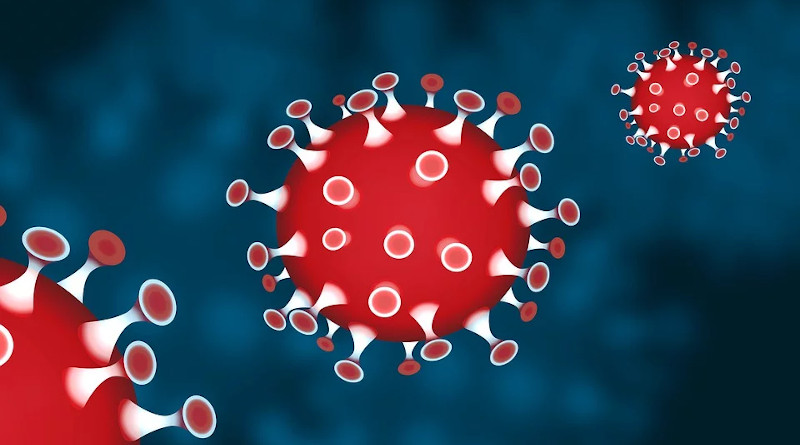Coronavirus: Spain Issues Recommendations On Managing Household Waste From People In Quarantine
Spain’s Ministry for Ecological Transition and Demographic Challenge has notified the regional governments and the Spanish Federation of Municipalities and Provinces (Spanish acronym: FEMP), which, in turn, has conveyed the recommendations on handling household waste from homes where people are in isolation/quarantine with COVID-19 to local authorities.
Given that waste management comes under regional and local jurisdiction, these are guidelines on good practices, which have previously been discussed with all the competent authorities, including regional governments and the FEMP, adhering to the principle of precaution.
The recommendations affect both handling household waste, following the advice of the Ministry of Health, and the handling of the bag with the patient’s waste.
Handling household waste
In the first case, disposable material used by the person affected and their care-providers (gloves, tissues and masks) and the individual protective material of the healthcare personnel (except glasses and masks) and any other waste from the patient, must be thrown away in the rubbish bin located in the room, preferably with a lid and a pedal for opening. The plastic bag where this is disposed of must be hermetically sealed before its removal from the room.
The face mask and glasses must be removed from the patient’s room where there will also be a container to this end, with similar characteristics to those described above and with a plastic bag that can be hermetically sealed. After each item of waste is deposited in these bags (bag 1), they must be closed and removed in line with the indications below.
Bag 1, with the waste mentioned above, will be placed in the rubbish bag designed to contain the other waste (bag 2), which will also be hermetically sealed.
Handling of bag with patient’s waste
Bag 2 will only be placed in the container with the other waste, and it is absolutely prohibited from throwing it into the collection bins, separated from any of the other individual waste (organic, containers, paper, glass, textiles) and from throwing it out into the street.
The other waste collected:
- Will be directly deposited in the landfall or burnt without bags being opened by hand, if possible.
- In the event that it is necessary to treat it previously, this treatment will be automatically effected, avoiding manually opening the bags.
The recovery of material will only be performed manually; to enhance safety procedures, the competent authorities may agree that the material is stored for at least 72 hours.
Both for the collection of waste and at the plants that receive these bags, specific protocols will be developed to protect workers and those in effect will be revised to the same end, and individual protective equipment will be provided to workers, as necessary.
Type 2 bags from centres/places where there is a high number of people affected by COVID-19 (residences, hotels converted into hospitals, etc.) may be collected on a separate basis while the crisis lasts. These bags will be externally identified in a simple fashion (for example by duct tape or similar) and will be deposited in the way established by the authorities responsible for waste collection. These bags will be handled in the same way as mentioned above.
Hospital waste and similar
In relation to waste management from hospitals, ambulances, health centers, laboratories, etc. in contact with COVID-19, the rules will be followed provided by regional legislation on health waste, as is standard practice.

